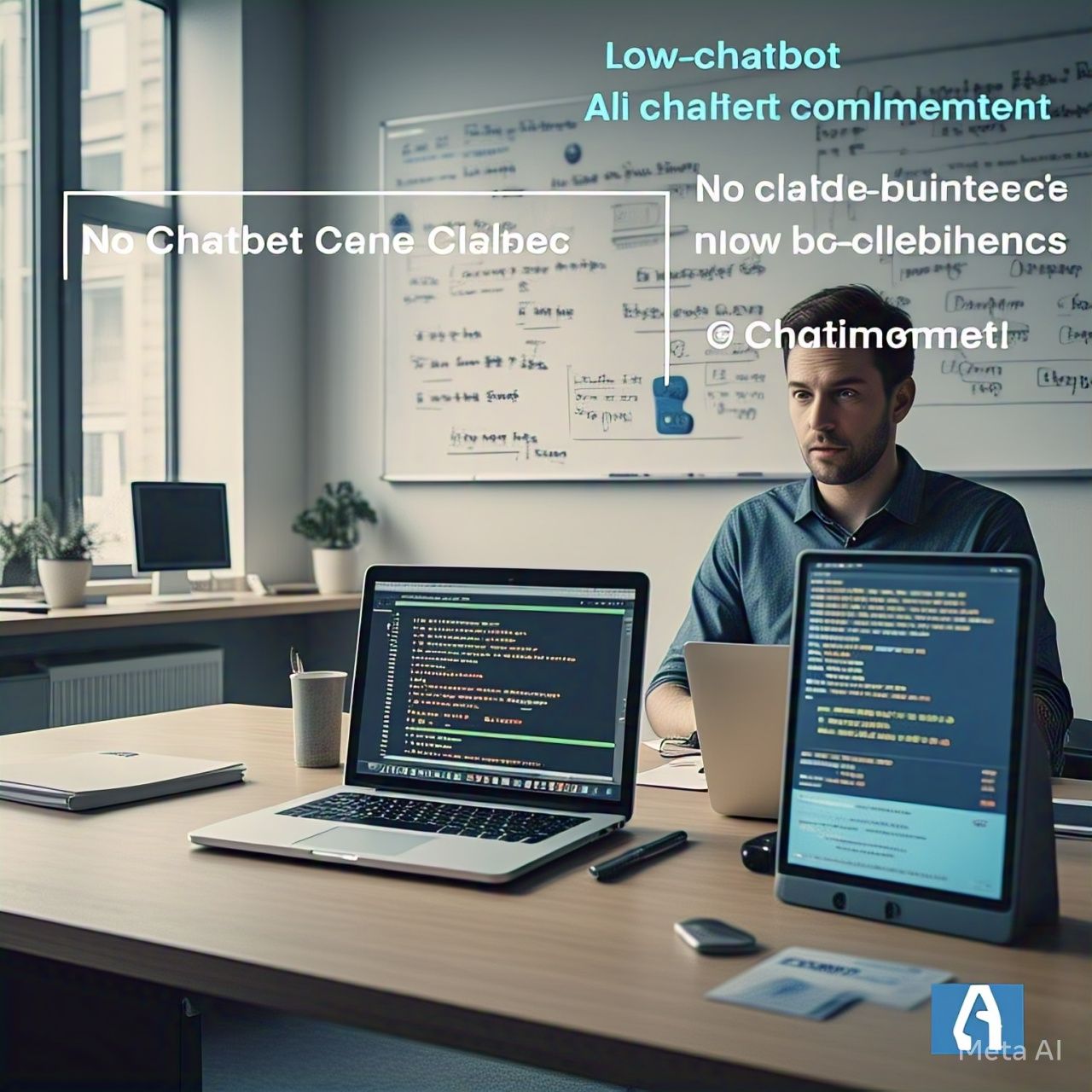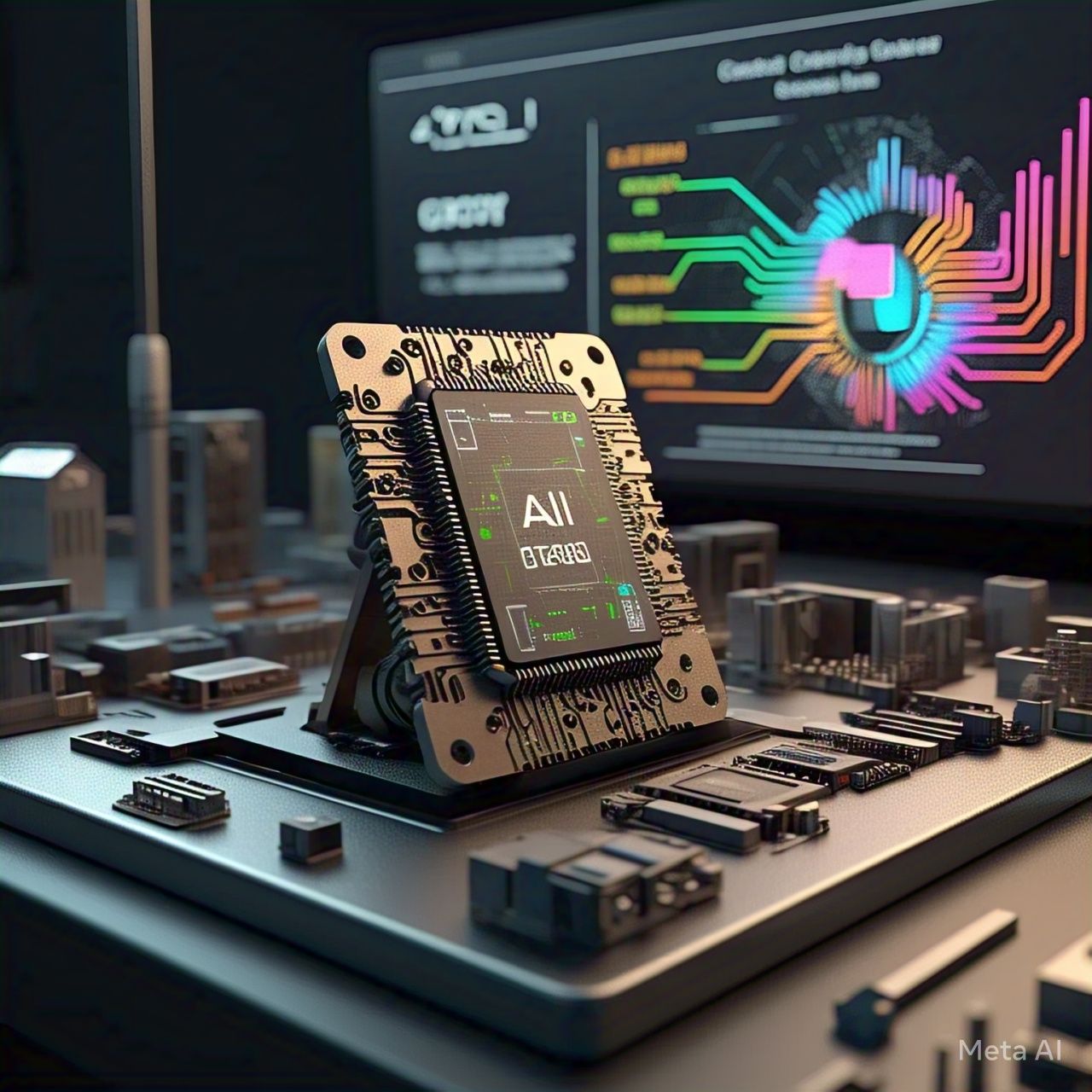Table of Contents
- Introduction
- The Role of AI in Elderly Care
- How AI is Transforming Household Assistance for Seniors
- AI in Medical Support for the Elderly
- Emotional Well-Being and AI Companionship
- Ethical and Privacy Concerns in AI-Powered Elderly Care
- The Future of AI in Geriatric Assistance
- Conclusion
- FAQs
Introduction
As the global population ages, the demand for elderly care is rising significantly. According to the United Nations, the number of people aged 60 and above is expected to double by 2050. With this growing elderly population, there is an increasing need for efficient and compassionate elderly care solutions. Artificial Intelligence (AI) is playing a transformative role in combining household, medical, and emotional support for the elderly.
AI-powered elderly care solutions provide assistance with daily activities, health monitoring, companionship, and emergency response, ensuring a better quality of life for seniors while reducing the burden on caregivers and healthcare systems.
The Role of AI in Elderly Care
1. Household Assistance
AI is helping seniors live independently by providing solutions for household tasks, safety monitoring, and automation. Some key technologies include:
- Smart Home Automation: Voice assistants like Amazon Alexa, Google Assistant, and Apple’s Siri help seniors control lights, thermostats, and home security with simple voice commands.
- Robotic Assistants: AI-powered robots assist with household chores such as vacuuming, cooking, and even providing companionship.
- Fall Detection Systems: Advanced motion sensors and AI-powered cameras can detect falls and alert caregivers or emergency services immediately.
- Medication Management: AI-powered pill dispensers remind seniors to take their medication and prevent overdosing or missed doses.
AI in Elderly Healthcare: Improving Medical Support
AI technology is significantly improving healthcare for seniors by offering real-time health monitoring, early disease detection, and personalized treatment plans. Here’s how AI is helping:
1. AI-Powered Health Monitoring Devices
| Device | Function |
|---|---|
| Smartwatches | Monitor heart rate, steps, and detect falls in real time. |
| Wearable ECG Monitors | Identify irregular heart rhythms like atrial fibrillation. |
| Smart Pills | Send real-time data about medication intake to doctors. |
| AI-Powered Hearing Aids | Enhance sound clarity by filtering background noise. |
2. Disease Prediction and Early Detection
AI analyzes health data to predict chronic diseases, cognitive decline, and other health conditions before they become critical. Examples include:
- Dementia and Alzheimer’s Prediction: AI detects early signs through speech analysis and behavioral changes.
- Cardiovascular Disease Monitoring: AI-based ECG devices detect heart issues before symptoms arise.
- Diabetes Management: AI apps help monitor blood sugar levels, diet, and exercise recommendations.
Emotional Support: AI as a Companion for Seniors
Many elderly individuals face loneliness and social isolation, which can lead to mental health issues like depression and anxiety. AI is bridging this gap through:
- Companion Robots: Robots like ElliQ and Paro provide social interaction, reminders, and even emotional support.
- AI-Powered Chatbots: Virtual assistants hold conversations, play music, tell stories, and remind seniors about daily tasks.
- Virtual Therapy and Mental Health Monitoring: AI-powered applications such as Replika and Woebot offer mental health support, therapy sessions, and cognitive exercises to promote emotional well-being.
- Social Connection Tools: AI helps seniors connect with loved ones through voice-activated video calls and messaging apps.
Ethical and Privacy Concerns in AI-Powered Elderly Care
While AI has the potential to revolutionize elderly care, it also raises ethical and privacy concerns. Some of the major concerns include:
1. Data Privacy and Security
- AI-powered systems collect vast amounts of personal health data, leading to security and privacy concerns.
- Cybercriminals could exploit AI vulnerabilities, causing data breaches and potential harm.
- Regulatory compliance such as GDPR and HIPAA must be enforced to protect senior citizens’ privacy.
2. Over-Reliance on AI
- Increased use of AI in elderly care may reduce human interaction, leading to social isolation.
- AI should be used as a complementary tool, not a replacement for human caregivers.
3. Ethical Dilemmas in AI Decision-Making
- AI systems lack empathy and cannot make ethical decisions the way humans do.
- In medical emergencies, AI decision-making must be carefully regulated to prevent life-threatening mistakes.
The Future of AI in Elderly Care
The integration of AI in elderly care is expected to grow significantly. Key future trends include:
- Personalized AI Care Assistants: More human-like AI robots with emotional intelligence to offer better companionship and mental stimulation.
- AI-Enhanced Wearables: More advanced health-tracking devices that predict diseases earlier and improve treatment outcomes.
- Smart Homes for Aging in Place: AI-powered smart homes with automated lighting, fall detection, and real-time monitoring to enhance senior safety.
- AI in Dementia Research: Machine learning will continue improving the early detection and management of Alzheimer’s and other cognitive diseases.
- AI-Powered Rehabilitation Tools: AI-assisted physical therapy robots will help seniors regain mobility and independence after injury or surgery.
- AI-Driven Social Companions: Future AI assistants may be able to offer emotional support, entertainment, and personalized communication for elderly individuals.
Conclusion
AI is playing a transformative role in household, medical, and emotional support for the elderly. While it provides numerous benefits such as automated home assistance, health monitoring, and companionship, it also raises concerns related to privacy, ethical dilemmas, and over-reliance on machines.
To ensure AI is used safely and ethically in elderly care, governments, healthcare providers, and tech companies must work together to create regulations and establish ethical guidelines. By integrating AI responsibly, the future of elderly care can be more efficient, compassionate, and secure.
FAQs
1. How does AI help seniors live independently?
AI provides support in the form of smart home automation, health monitoring, fall detection, and medication reminders, enabling seniors to live safely on their own.
2. Are AI-powered caregiver robots safe?
Most AI-powered robotic assistants are designed with safety measures to ensure they do not harm the elderly. However, regulations must be in place to ensure ethical AI use.
3. Can AI replace human caregivers?
No, AI cannot fully replace human caregivers because emotional support, empathy, and critical decision-making are best performed by humans. AI serves as a supplement, not a replacement.
4. What are the risks of AI in elderly care?
The biggest risks include privacy violations, potential AI errors in medical decision-making, and the possibility of increased social isolation due to over-reliance on AI companions.
5. What is the future of AI in elderly care?
The future of AI in elderly care includes more advanced robotics, improved AI-powered health monitoring, early disease detection, and smarter home automation to improve senior citizens’ lives.
Conclusion
AI is transforming elderly care by offering household, medical, and emotional support. From smart homes to AI-powered medical diagnostics, these advancements allow seniors to lead healthier, more independent lives. However, to fully realize AI’s potential, we must address privacy, ethical, and regulatory concerns. By ensuring human oversight and responsible AI use, technology can truly become an asset in enhancing the well-being of the elderly.
Citations
- Vincent, J. (2017). Facebook Engineers Panic, Pull AI That Created Its Own Language. Business Insider. Link
- Boulamwini, J., & Gebru, T. (2018). “Gender Shades: Intersectional Accuracy Disparities in Commercial Gender Classification.” Proceedings of Machine Learning Research, 81, 1-15.
- Vincent, J. (2019). Deepfake detection is becoming an increasingly impossible task. The Verge. Link
- Bostrom, N. (2014). Superintelligence: Paths, Dangers, Strategies. Oxford University Press.





